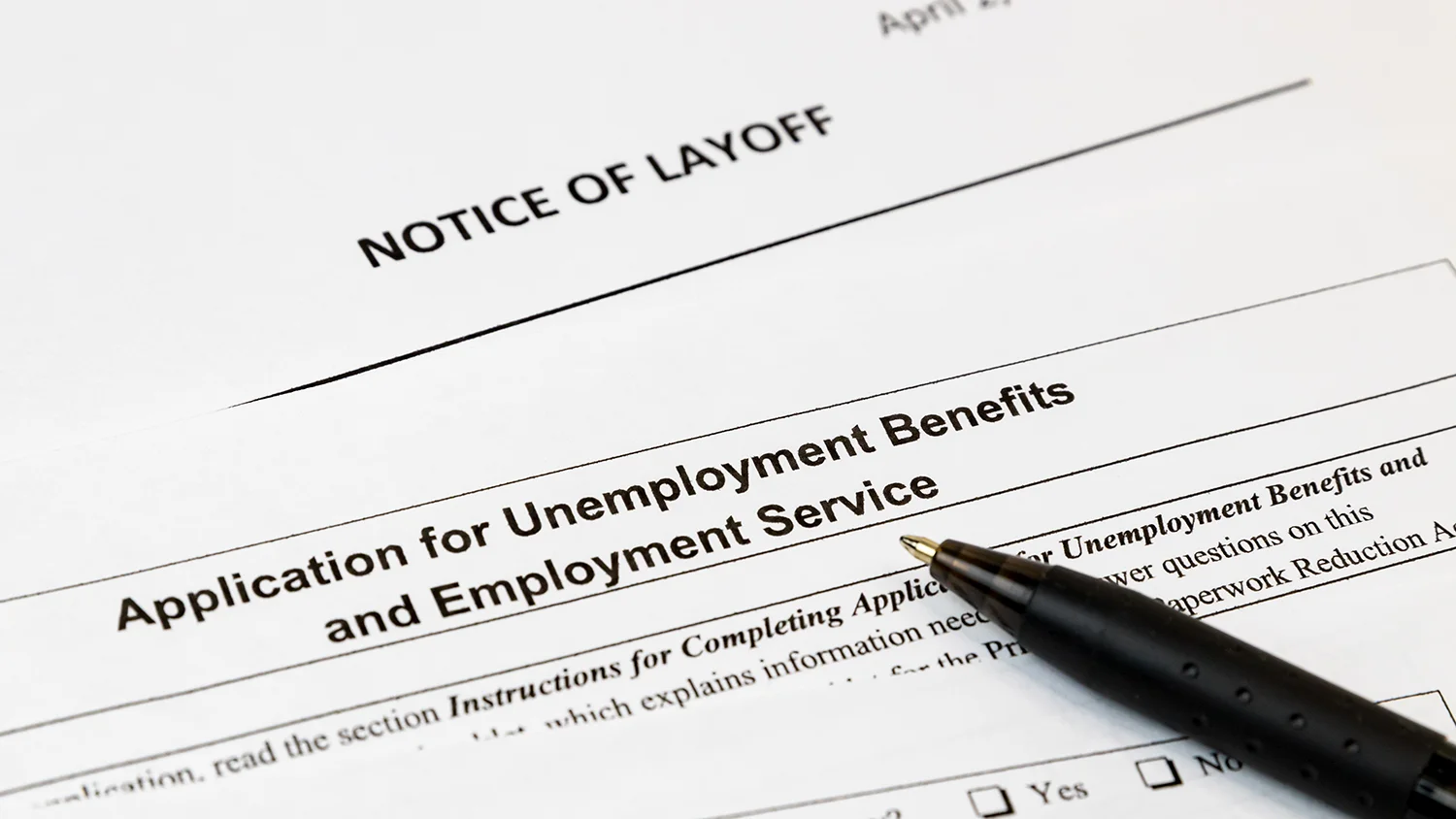Salaried Employee Overtime Claims Attorneys
Salaried Employees and Unjust Enrichment
Most people wrongly think that their boss can drive them like cattle, so long as they are on salary. Such is not the case. First of all, you may be “misclassified,” which means you should have been paid hourly, so you could bed owed a lot of overtime (all weekly hours that you worked that went beyond 40), and secondly, if you took on extra work that went beyond what you were hired to do, you are likely owed more money.
In other words, if you are paid on salary, you have agreed to do certain things for your pay. However, if your boss gives you new things to do, it is LEGALLY IMPLIED he will pay you for those things (even if he NEVER told you he would). For example, if you’re car salesman, who is paid 100% on commission, but the boss asks you to fix his computer network, and you do, you should be paid for the value of those repairs – even if he did not tell you he would pay you for that work. After all, he got a benefit, and you did the work – so says the law. If you did not get paid, he would be “unjustly enriched.”
This often happens when a coworker quits or gets fired, and the boss tell you to take over that person’s work, so naturally, more demands are put on you, and the company gets the benefit of your additional work. It’s only fair they pay you.
Consider this story, which is based upon a real case:
A Boss, George, approaches his employee, Henry, who is paid salary, and asks him if he would be interested in taking on a new task of fixing some problems – which will take about a year. The employee runs a little hotel called Johnson Palace for George, and George wants Henry to fix the problems with another one of the boss’s hotels, called Smith Palace. The employee knows that taking on the additional duties at the second hotel will involve a lot more work, so Henry asks what the boss will compensate him for the substantial extra duties. George says, “Henry, you know me, I will pay you fairly.”
So, for the next year Henry continues to perform his normal duties at Johnson Palace, and, additionally, he works to get the other hotel in order. Henry testifies that in addition to his normal hours, he spent an average of 30 hours per week in the evenings and on weekends designing and implementing a new accounting and bookkeeping system for Smith Palace. Further, he hired and trained personnel to operate the new system and supervised the individuals who were working at balancing the books.
Henry initially gave George frequent updates regarding his progress, but after George told him that he was not interested in Henry’s schedule, he gave George less frequent updates. Finally, Henry had gotten the job done.
George, just like many employers, felt like Henry just did the job he should have done, and refused to pay him any extra money. Plus, he said Henry really only supervised others to get all the work done. But the jury was not impressed with George’s argument. The jury determined that George needed to pay Henry $115,000 for the work Henry did over that time period.
The above facts closely resemble those of Clapp v. Mueller Elec. Co., N.E.2d 757, 760. If you are on salary, but did work that went above and beyond what you were hired for, you are likely owed money. Give us a call.






